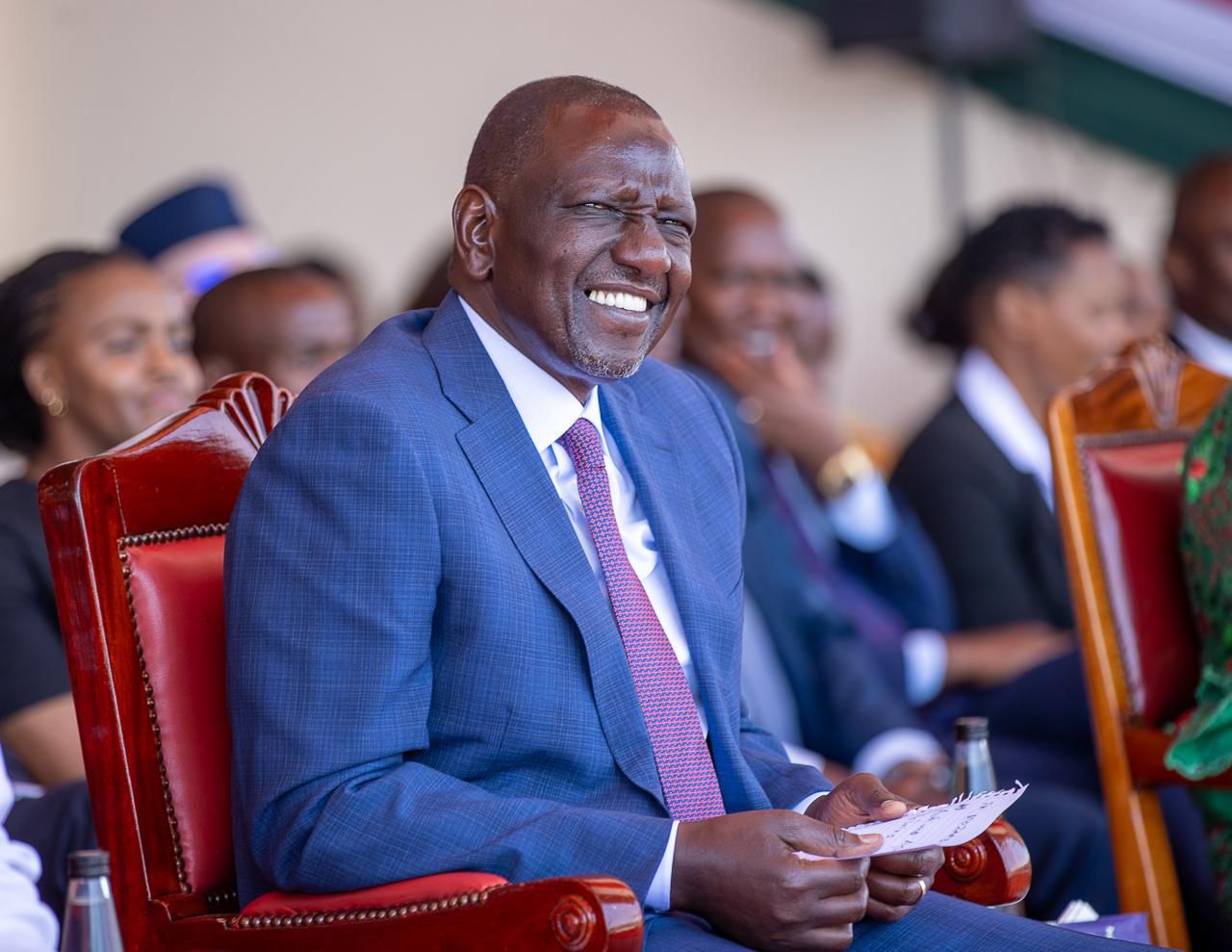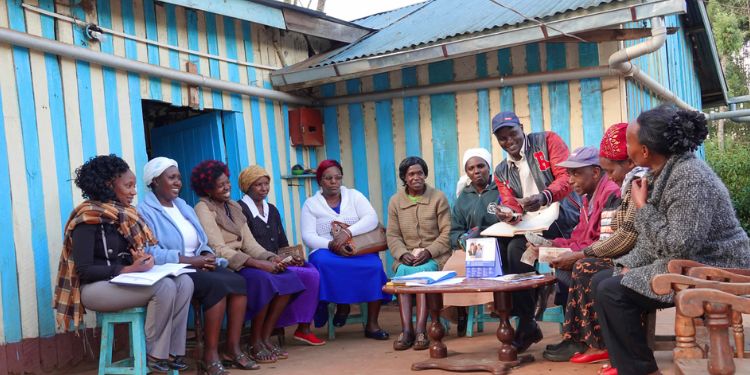A court ruling has raised questions about the future of popular self-help groups commonly known as chamas.
On September 17, 2025, the Environment and Land Court in Malindi delivered a ruling in a case involving the Ukai Self Help Group, which owns land in Mpeketoni, Lamu County.
Members of the group were roped into a battle over who held legitimate membership rights and control of the property.
The applicant, Lukas Masya, accused fellow members of unlawfully subdividing the land into 14 portions, with the intention of disposing of it.
The applicant claims that the respondents divided the suit property into fourteen (14) portions, Lamu/Hindi Magogoni/9895-9909, to dispose of it unlawfully
He argued that losing the land would cause irreversible harm to the Kamba community living in the area.
“Monetary compensation would be inadequate, as the land holds unique value.
“The land was purchased to unite the Kamba community living in Mpeketoni. Through its membership, relationships have developed and strengthened,” he told the court.
Also Read: 299 Chama Members Conned in Ksh4.5 billion Land Investment
Members of Chama Oppose
However, the respondents argued that Masya had no legal claim to the land or even to the group itself.
They produced membership lists dating back to 2014 that did not include his name, arguing that he was a stranger to the organization.
Consequently, the judge found that Masya had failed to demonstrate any legal standing or membership in the organization and therefore could not sue on its behalf.
“The applicant is a stranger to the Ukai Self-Help Group, his ability to sue is therefore questionable. He cannot claim to sue on behalf of a group he is neither an official nor a member of,” the ruling read.
Additionally, he noted that while the applicant relied on a 1995 membership list to claim association with the group, the respondents had demonstrated that the list had been altered long ago.
Membership records since 2014 did not include Masya’s name or the individuals he claimed to represent.
“The 1st to 4th respondents have rebutted that the 1995 list provided by the applicant was altered long ago, and that since 2014, he and those he claims to represent have never been members of the Ukai Group, and that the membership list changes every year,” the court observed.
Also Read: How Chama of 13 Women Built Luxurious Villas in Kiambu [PHOTOS]
Justice E.K. Makori Says Chamas Don’t Have Legal Standing
Further, Justice E.K. Makori explained that self-help groups have no legal capacity to sue or be sued in their own names.
Instead, actions must be instituted through recognized officials or named members who can be precisely identified.
“Self Help Groups having no legal personality, cannot therefore institute proceedings in their own name.
“A person recognized in law had to sue on behalf of members of the Self-Help Group, and such members had to be named and identified with precision,” the judge explained.
Additionally, he warned that without a legal framework for registration and management, self-help groups could even be declared unlawful societies.
“It is clear that Self Help Groups are not incorporated bodies. In fact, I know of no law that recognizes them or incorporates them. Such groups, in absence of a legal framework, indeed stand the risk of being declared unlawful societies,” he said.
This suggests that the millions of Kenyans who rely on chamas for savings, investment, land ownership, and welfare could be operating in a legal vacuum.
Without legal personality, self-help groups cannot sue, be sued, or effectively protect their assets in court.
The court dismissed Masya’s application with costs, saying the repeated litigation over the same land as an abuse of the judicial process.
“If such suits exist, filing another one over the same subject matter amounts to abuse of the court process,” Justice Makori concluded.
Follow our WhatsApp Channel and X Account for real-time news updates.
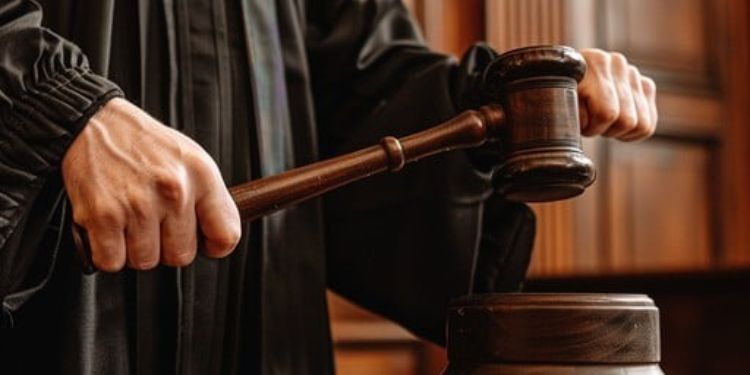

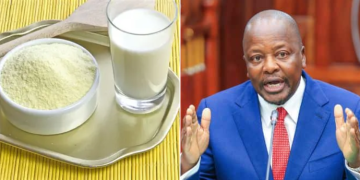

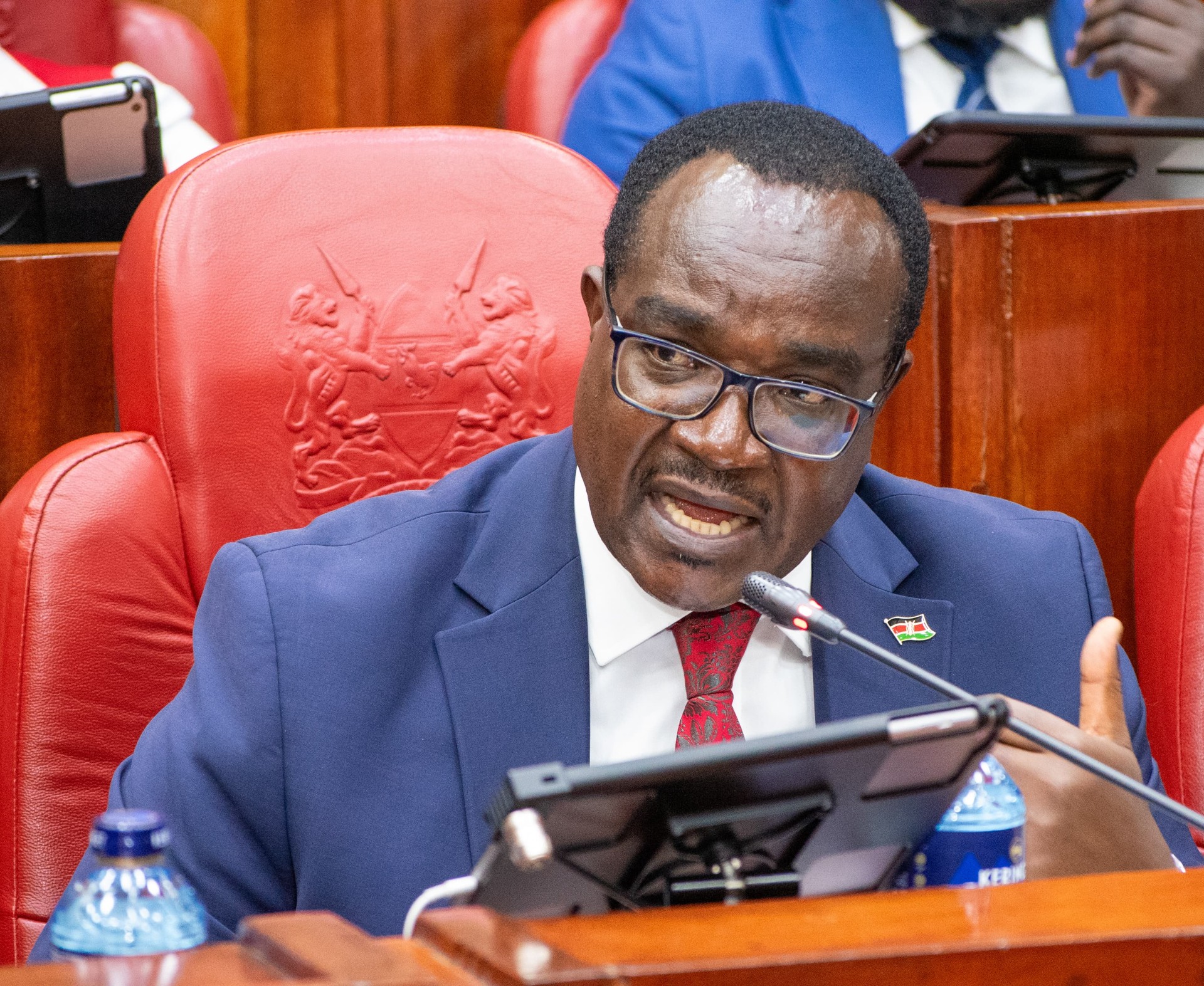


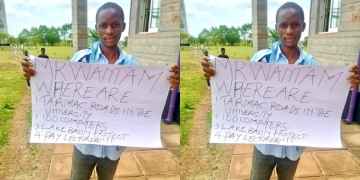

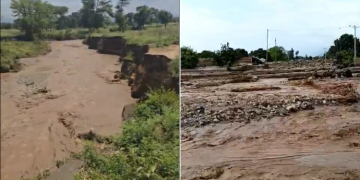







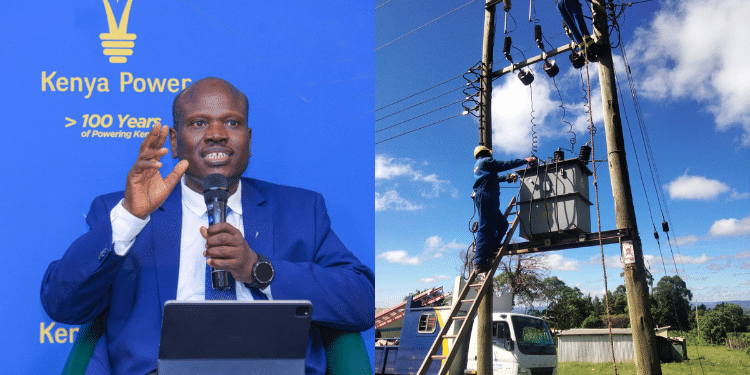
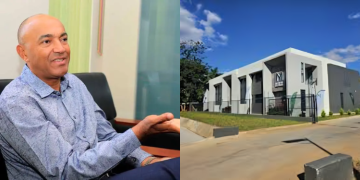



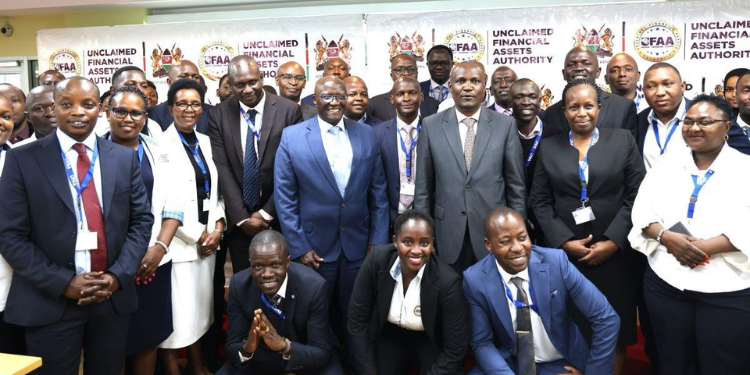
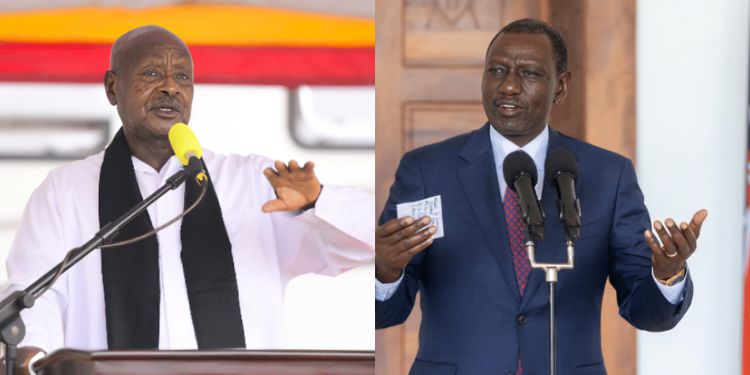

























![Senator Allan Chesang And Chanelle Kittony Wed In A Colourful Ceremony [Photos] Trans Nzoia Senator Allan Chesang With Channelle Kittony/Oscar Sudi]( https://thekenyatimescdn-ese7d3e7ghdnbfa9.z01.azurefd.net/prodimages/uploads/2025/11/Trans-Nzoia-Senator-Allan-Chesang-with-Channelle-KittonyOscar-Sudi-360x180.png)


















